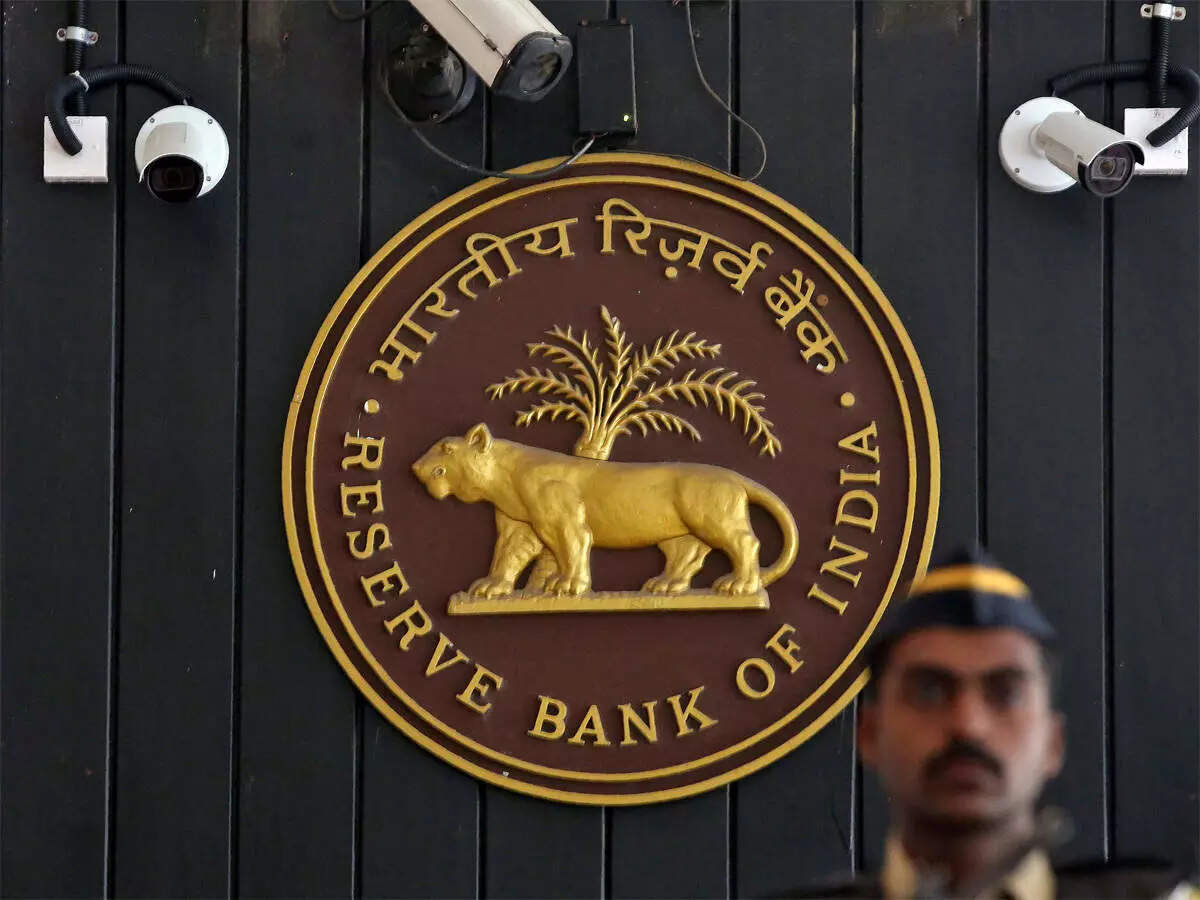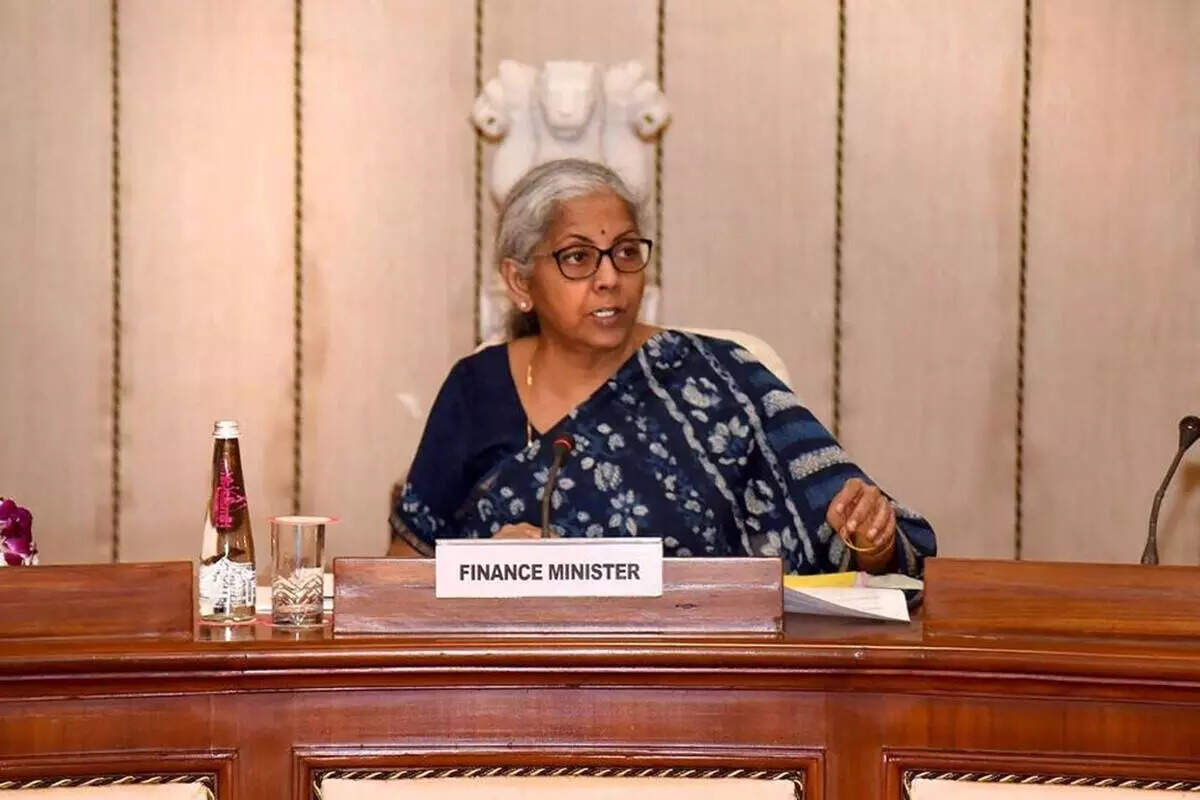1. Amrutanjan Healthcare: Buy for a target price of Rs. 970
HDFC Securities has a ‘Buy’ rating on pharmaceuticals company, Amrutanjan Healthcare for a target price of Rs. 970, i.e. an upside of 15 percent from the last traded price of Rs. 844 per share.
HDFC Securities’ take on Amrutanjan Healthcare scrip:
The company is among the oldest ayurvedic and OTC Indian brand. Focus of the company is on establishing a niche for itself with a product portfolio of affordable healthcare, personal and hygiene care products. Other than its flagship brand ‘Amrutanjan Pain Balm’, the company is constantly strengthening its product range and adding pain management products such as aromatic balms, creams and sprays for headaches, body aches. In the premium range, it offers sub brand ‘Roll on’ and also has come up with brand ‘Relief’ that solves congestion-related issues. The company also offers sanitary napkins under the brand ‘Comfy’ that is positioned as an affordable alternative for larger user base.
The company is working on expanding its distribution network in both semi urban and rural areas. It also plans to widen its existence in the e-commerce space and increase its contribution to 1.3% from the current 0.5% of the total revenues. As per the Economic Times Brand Equity (Most Trusted Brands) 2018 Survey, Amrutanjan ranked 33 among top 50 brands in the “Health and Personal Care” segment.
Valuation & Recommendation: Amrutanjan’s earnings grew at a CAGR 17% FY17-21. Going forward, we are positive on the future growth prospects and expect the company to be ahead of the category performance mainly in the OTC segment, views the brokerage.
“The company’s revenue and PAT is likely to record a growth of 17.5% and 16.7% CAGR over FY21-23E. Along with this we expect the company to generate consistent FCF with consistent high ROEs. The Comfy brand is expected to be the key growth driver for AHCL. We expect, “Comfy” revenues to grow at CAGR 28% while other OTC products are expected to grow at CAGR 13.2% over FY21-23E. However we feel that there is a scope for some upward valuation re-rating in the stock currently”, notes the brokerage.
What can investors do?
Investors are suggested to buy the stock in the band of Rs. 820-830 and further add on dips at Rs. 732 (26x FY23E) for a base case fair value of Rs. 900 (32x FY23E) and bull case fair value of Rs. 970 (34/5x FY23E) for a time horizon of 2 quarters.
Advanced Enzymes Technologies: Buy for a target price of Rs. 458.5
HDFC Securities is bullish on the stock of Advanced Enzymes Technologies and has set a target price of Rs. 458.5, an upside of 19.4 percent from the current market price of Rs. 384.
Brokerage’s take on the stock of Advanced Enzymes:
Advanced Enzymes Technologies is a leading player in enzymes and probiotics that play a crucial role in health and nutrition. Its products have applications in various other end-user industries as well. ‘Despite being a small player in a US$ 10bn+ industry, the company has more than 700 clients spread across 45 countries and a comprehensive product basket of 68 enzymes and probiotics and over 400 proprietary products’, notes the brokerage. The other players in the market include Novozymes, Danisco, DSM, BASF, etc. which together account for 75% of the market. The company has the highest market share in India and is among the 15 leading global enzyme companies globally.
“Demand for health and hygiene is on the rise and there is huge headroom for growth in Nutraceuticals, especially in USA. Enzymes are used across all food items, including bakery, dairy products etc. which are big segments”, says the brokerage.
“Largest product which is anti-inflammatory enzyme contributed to Rs 113cr, +10% YoY in FY21. Top-10 clients contributed to 38% of revenue in FY21. Despite losing its top client in the US which contributed US$ 5.5mn to revenue, US sales grew 12% YoY in FY21. Over the last five years, the company has enhanced fermentation capacity. Other than this, the company has superior R&D capabilities”, mentions the brokerage in its report.
Other key takeaways:
– Capital requirement over the next 2-3 years shall be minimal as the company currently operates at 60 percent capacity.
– The company holds a leadership position in the domestic healthcare and nutrition segments.
– The company lately revealed clinical breakthrough in the randomized controlled trials (RCTs) of systemic enzymes and probiotics to cater to the issue of ‘long covid’ fatigue symptoms.
– International sales account for around 54% of the revenue, with the US being a major contributor.
– “Enzymes industry has very high entry barriers on account of extensive R&D focus and long gestation period before getting registration approvals for products in USA and EU. Management said that the focus area continues to be on bio-catalysis for API, probiotics and also B2C business in nutraceuticals segment”, adds the brokerage firm.
– Advanced Enzyme acquired 51% stake in Sci-Tech specialties (SSPL) for a financial consideration of Rs 31.6cr in December 2020. The company plans to double its revenue over the next five years with operating margin in the broad range of 42-48%.
Valuation & Recommendation: The three future growth pillars of the company as suggested by the brokerage comprise of continued investment in R&D, expansion of its geographic presence and constant focus on inorganic growth opportunities. The brokerage estimates revenue/EBITDA/PAT CAGR of 16%/16%/17.3% over FY21- 23E. Company has net debt free Balance Sheet with cash & equivalents of around Rs 320cr as on Mar-2021. The company continues to look for inorganic growth opportunities impact of which is not included in our assumptions.
“We expect margins to remain more or less stable in the 45-47% range over FY21-23E. The enzyme industry is dominated by big MNCs like Novozymes, DSM Nutritional Products, BASF etc. However, at the same time smaller players like Advanced Enzyme are gaining ground in the segment helped by innovation and newer technologies.”, adds the brokerage report.
What should investors do?
The brokerage suggest buying the stock of Advanced Enzyme in the band of Rs 380-385 and add more on dips to Rs 332.5 for base case target of Rs 422.5 (23.5x FY23E EPS) and bull case target of Rs 458.5 (25.5x FY23E EPS) over the next two quarters.
Disclaimer:
Investing in equities poses a risk of financial losses. Investors must therefore exercise due caution. Greynium Information Technologies, the author, and the brokerage houses are not liable for any losses caused as a result of decisions based on the article. The above article is for informational purposes only.








